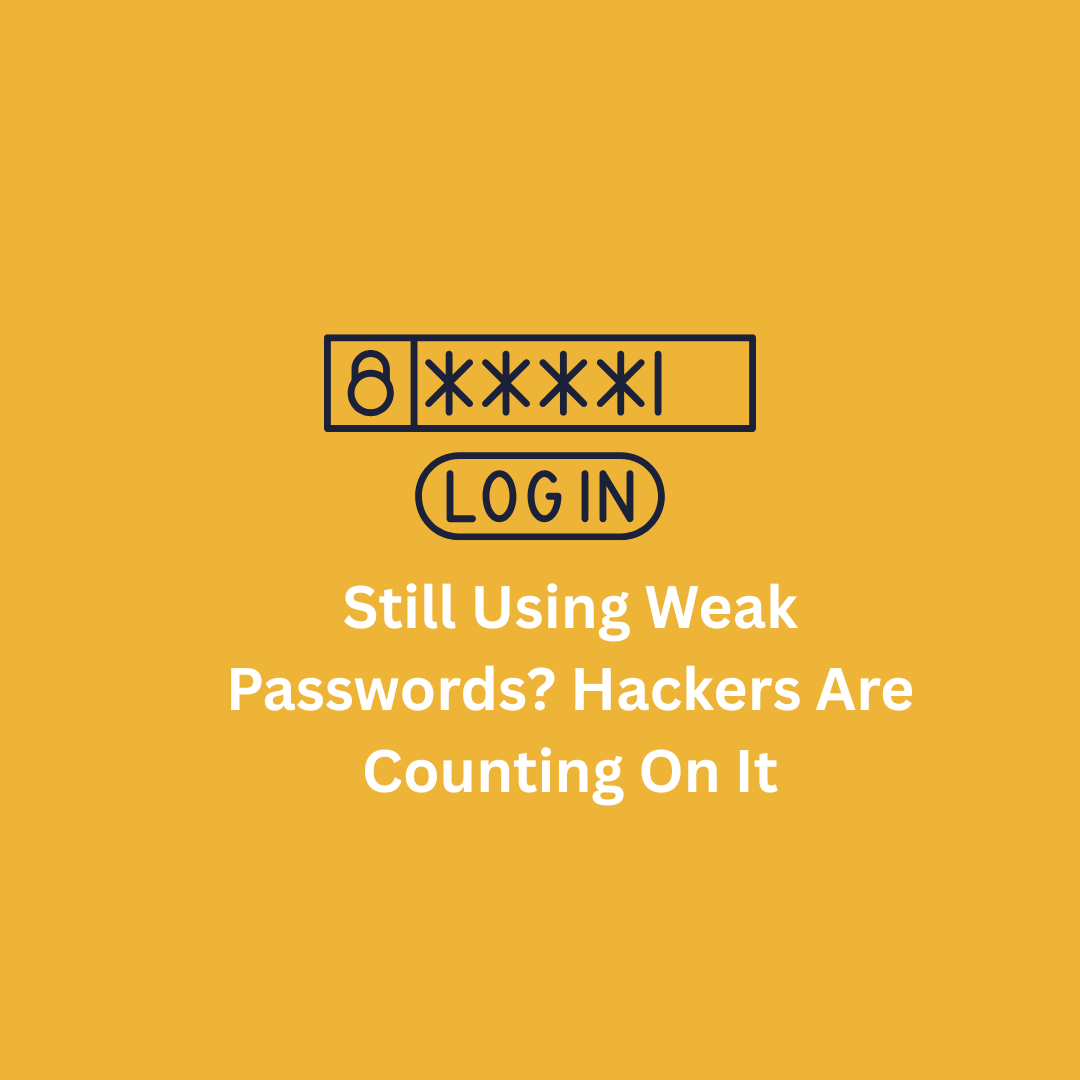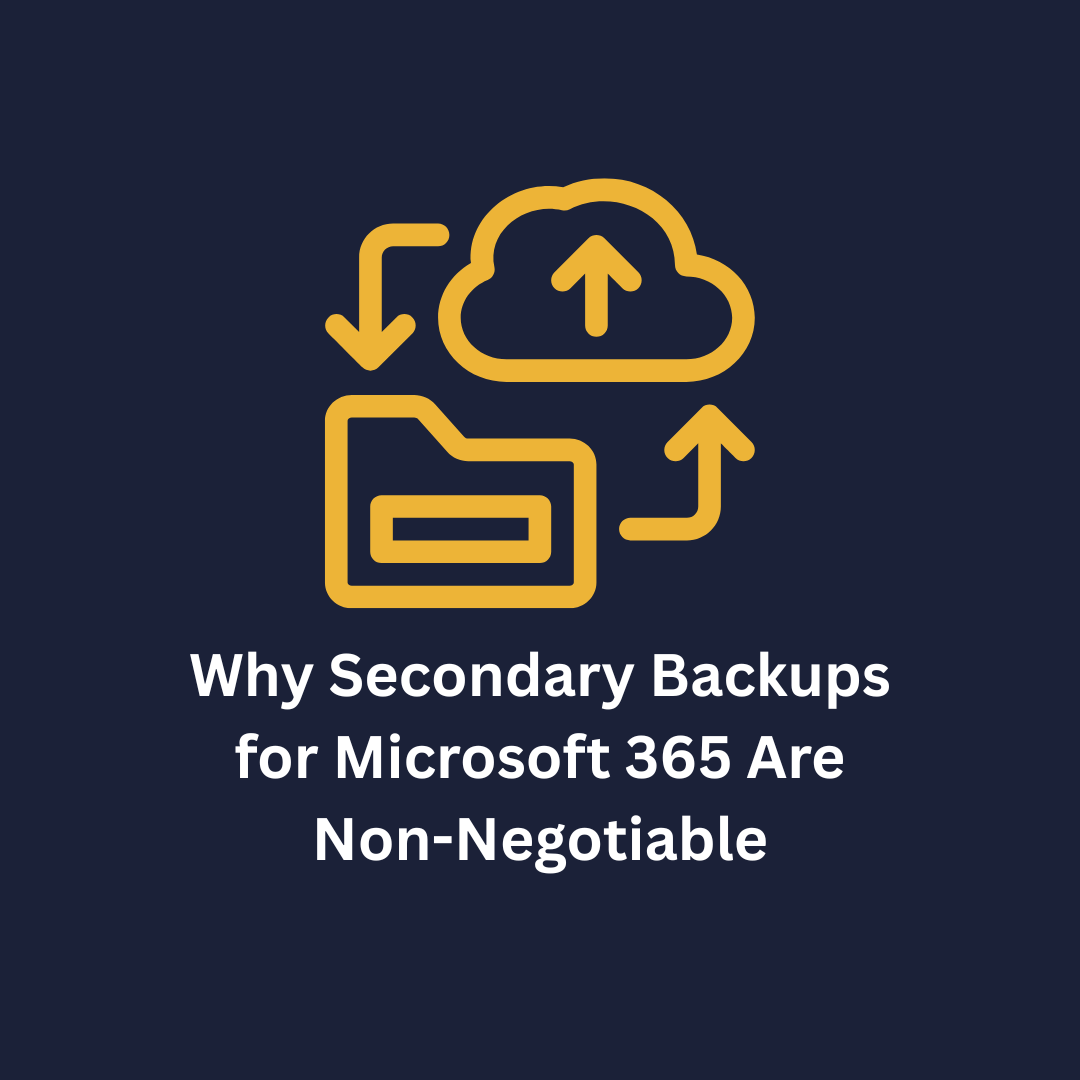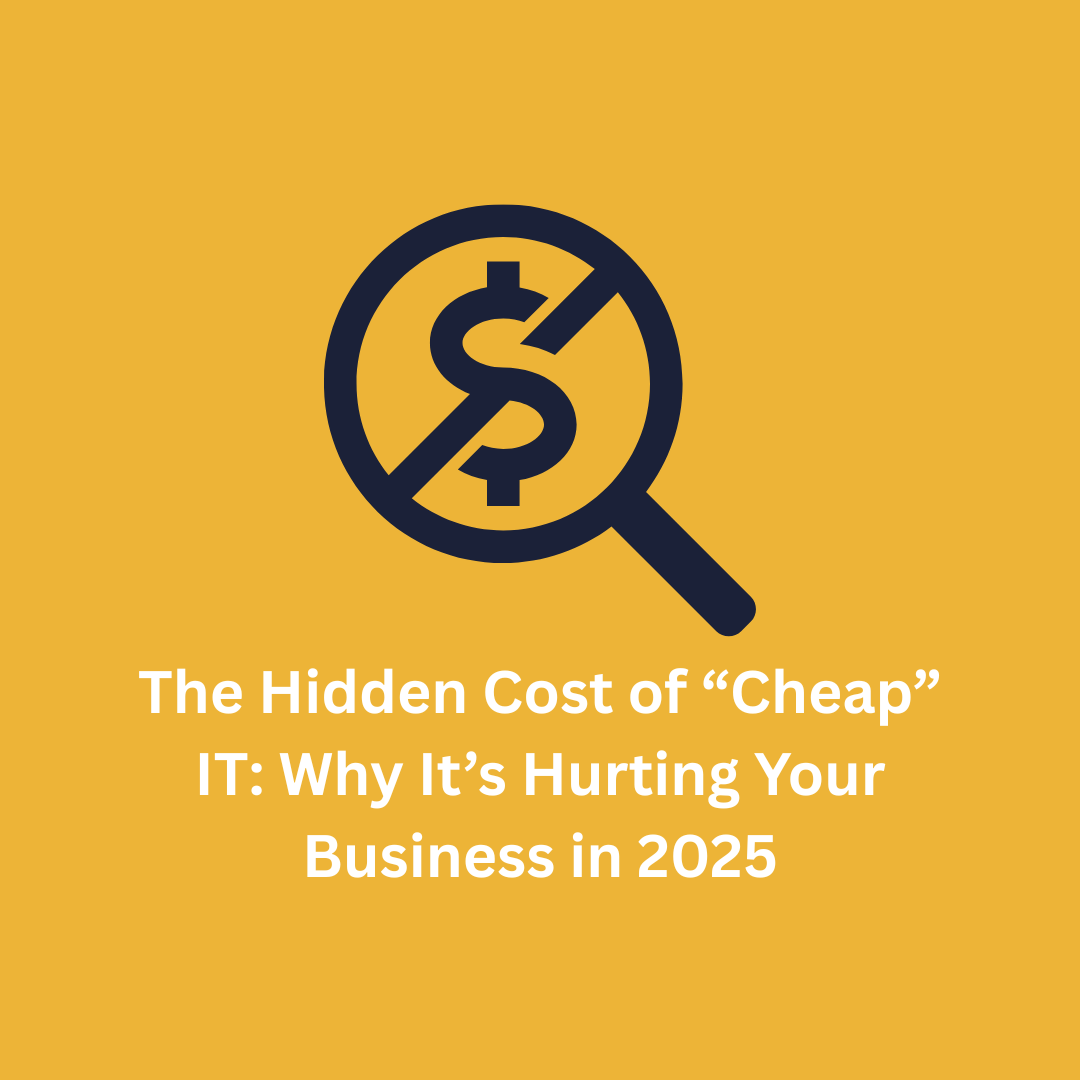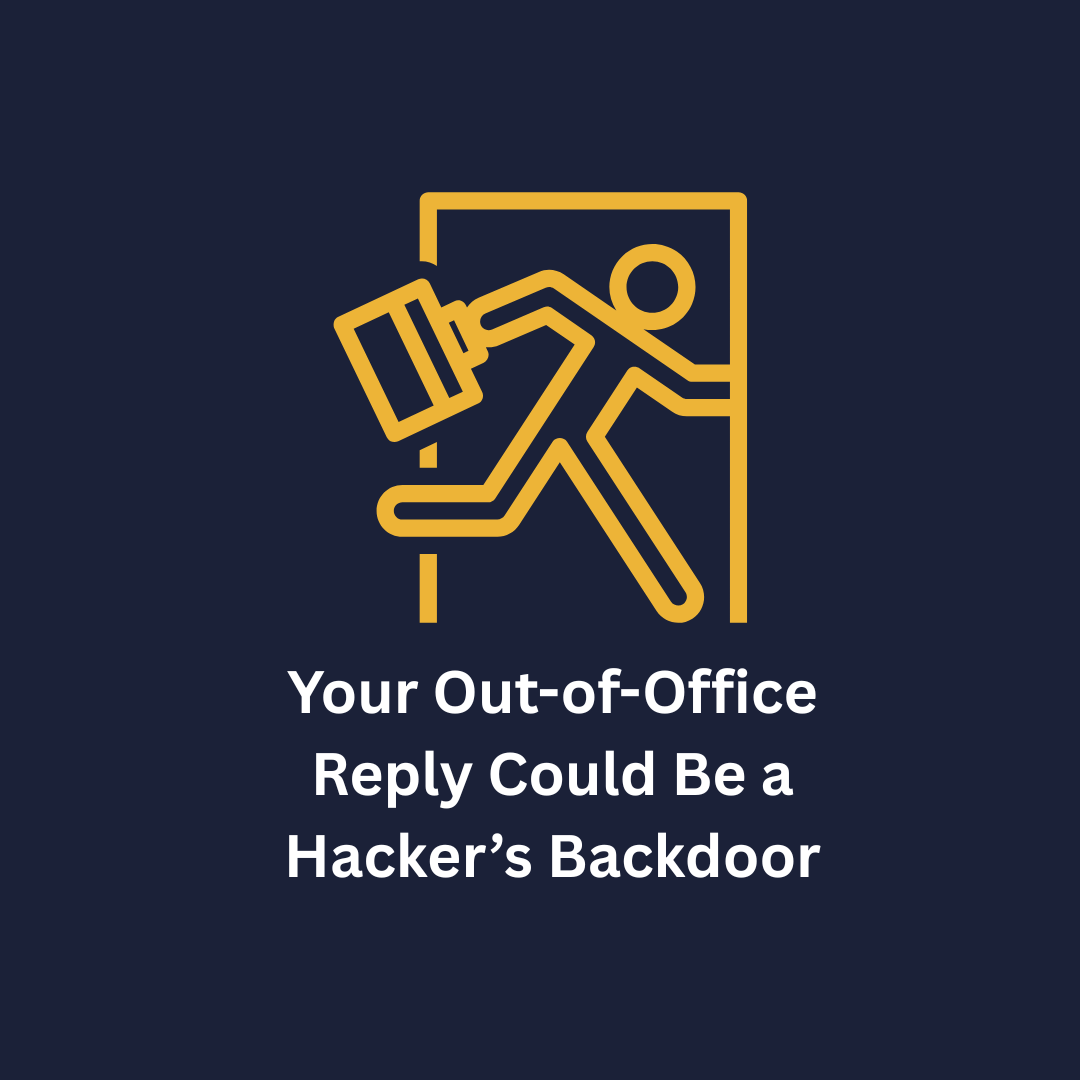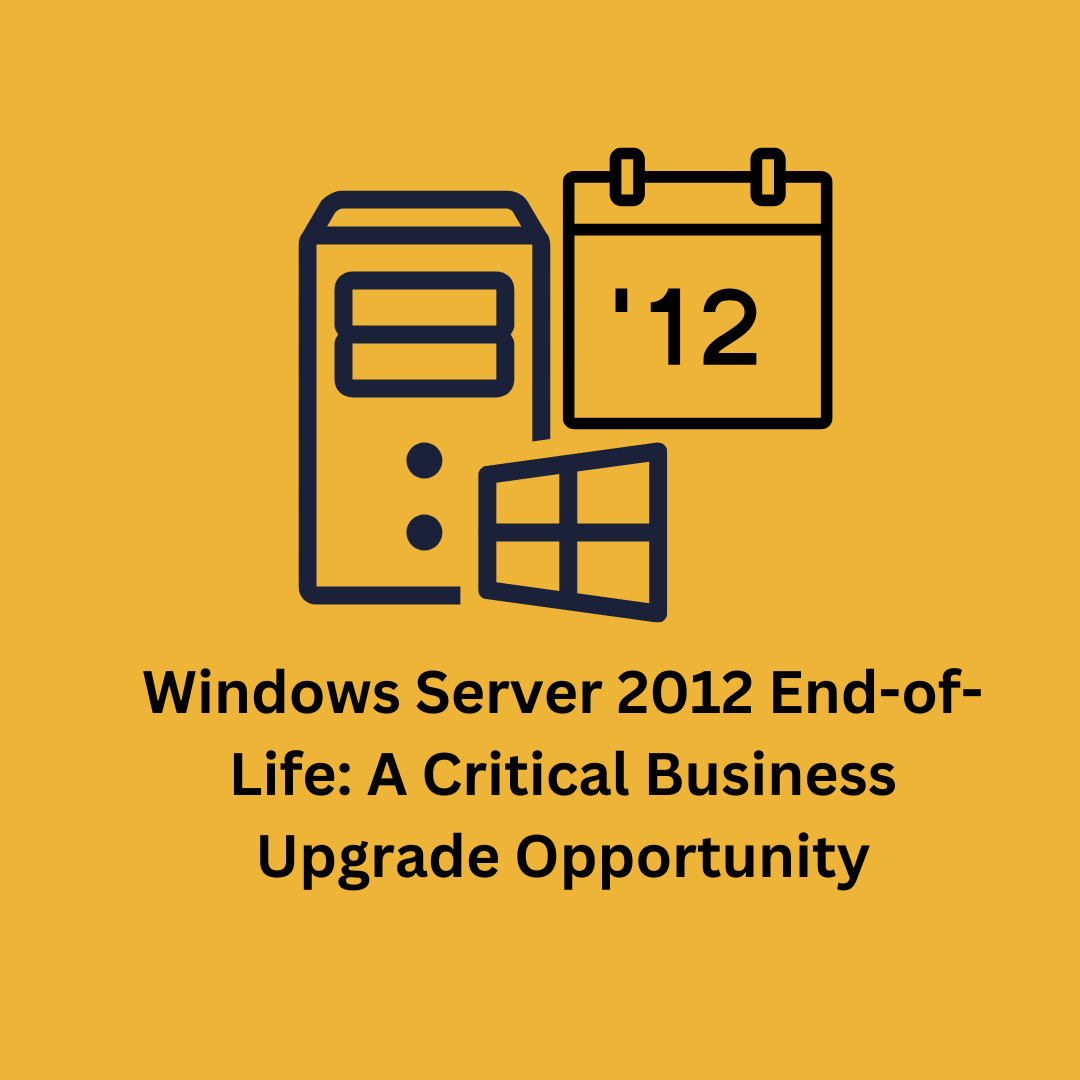Delete ≠ Gone: How to Really Protect Sensitive Data
We’ve all been there. You delete a file, empty the Recycle Bin, and breathe a sigh of relief—assuming that file is gone forever.
But here’s the thing: in most cases, that file is still there, quietly lingering in the background of your device. And if it holds sensitive information—customer details, personal records, or confidential business documents—that assumption could cost you.
Understanding what really happens when you hit "delete" can help you protect your data, your business, and your peace of mind.
________________________________________
It’s Not Gone—It’s Just Hidden
When you delete a file from your computer, it doesn’t vanish. Instead, your system simply removes the reference to that file in its internal index (think of it like erasing the label from a folder, not the contents). The data itself remains intact until the system needs that space and overwrites it with something new.
That means deleted files often remain recoverable for quite a while—sometimes indefinitely—especially on traditional hard drives (HDDs).
________________________________________
The Double-Edged Sword of Recoverability
This hidden data can be a lifesaver when you accidentally delete a document you still need. Recovery software can often retrieve deleted files—if they haven’t been overwritten yet.
But this same recoverability becomes a security risk when you think something is gone, but it isn’t. For example:
• Files with sensitive customer or employee data
• Tax or financial documents
• Old passwords or saved credentials
• Confidential business strategies or reports
If you’re donating, recycling, or selling an old device and haven’t securely wiped it, you may be handing that information over to a stranger without even realizing it.
________________________________________
Why Deleting Isn’t Enough for Sensitive Info
Emptying the trash or formatting a drive might feel like a clean slate—but it’s not. This is where secure deletion comes in.
Secure deletion involves overwriting the space the file used to occupy—sometimes multiple times—with random data, making it impossible to recover. This is especially critical for businesses managing regulated information (HIPAA, PCI-DSS, etc.) or anyone concerned with privacy.
On traditional hard drives, data can be overwritten manually or with file-shredding software. On newer solid-state drives (SSDs), built-in TRIM functions often wipe data more aggressively—but don’t assume that’s always enough.
________________________________________
Device Type Matters More Than You Think
Not all storage behaves the same way:
• Hard Disk Drives (HDDs): Easier to recover from, since deleted data may linger indefinitely if not overwritten.
• Solid-State Drives (SSDs): More secure by default due to automatic TRIM functions, which often wipe data quickly after deletion—but not always reliably for high-security environments.
Understanding the technology you’re using is key to choosing the right deletion and backup strategy.
________________________________________
Should You Try to Recover or Erase?
If you're trying to recover a lost file, timing is everything. Recovery is more successful when attempted immediately after deletion before the data gets overwritten.
If you’re looking to permanently erase files, here’s what we recommend:
• Use trusted file shredding or secure deletion software
• Enable full-disk encryption on all devices
• Fully wipe any drives before disposal or resale
• Don’t rely solely on factory resets—they’re not enough
For businesses, these practices should be part of your regular data hygiene—not just something you think about during a device refresh.
________________________________________
What About Backups?
Even with secure deletion protocols in place, recovery isn’t guaranteed. That’s why backups are non-negotiable.
A well-designed backup strategy (especially one that includes versioning and offsite or cloud copies) ensures that you can restore files on your terms—without risking security or paying for unreliable data recovery tools.
________________________________________
Final Thoughts: Don’t Let “Delete” Fool You
Whether you’re a business owner, a remote worker, or a home user, understanding how deletion really works is part of good digital hygiene. It’s not just about keeping your files clean—it’s about controlling who can access them now… or later.
At Honorbound IT, we help clients across Nebraska, Kansas, and Colorado recover lost data, implement secure deletion solutions, and build safe, reliable backup systems that work when they’re needed most.
📞 Need help recovering a file—or making sure it’s gone for good? Call us today at 877-686-6642 or let’s schedule a consultation to make sure your data is always where (and only where) it should be.

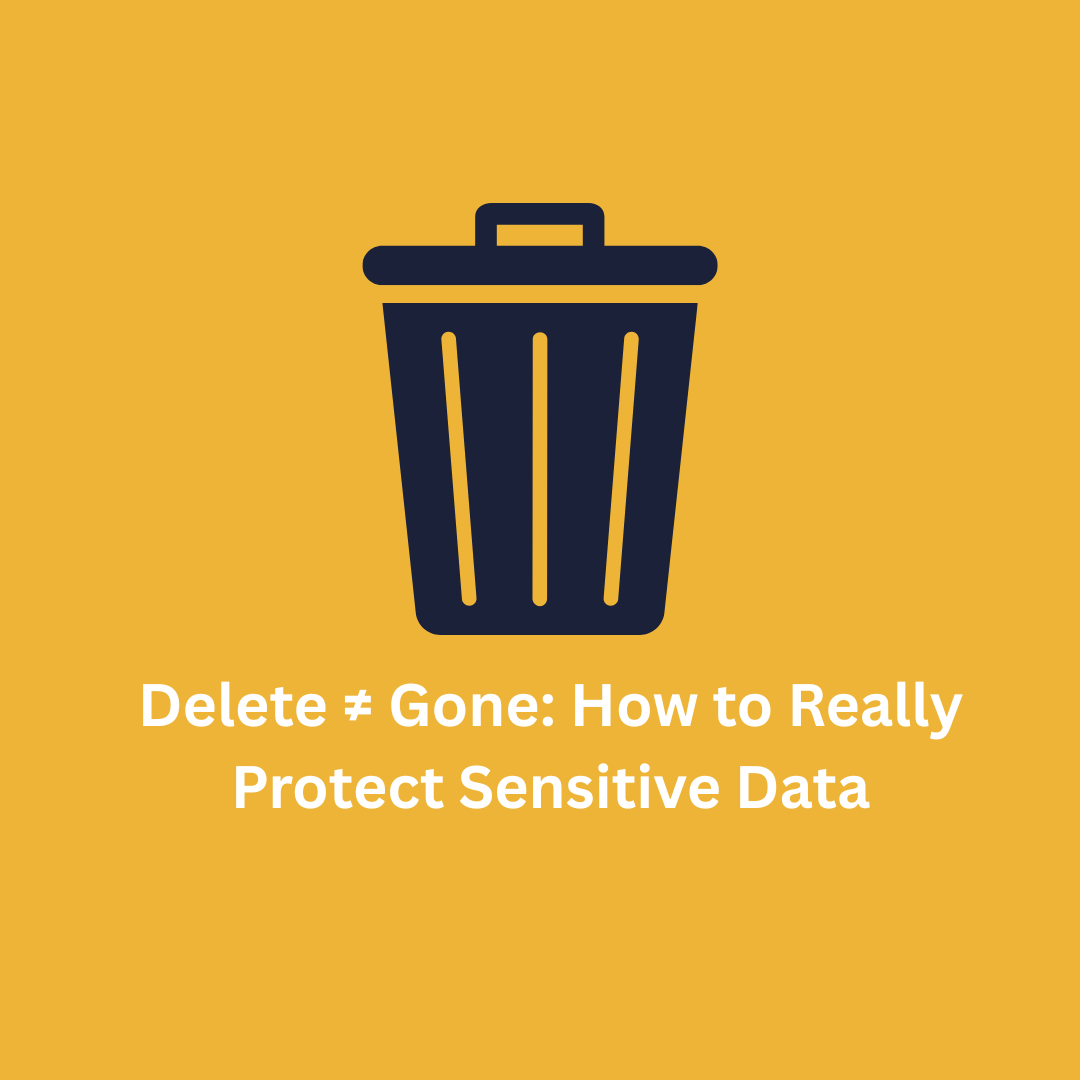
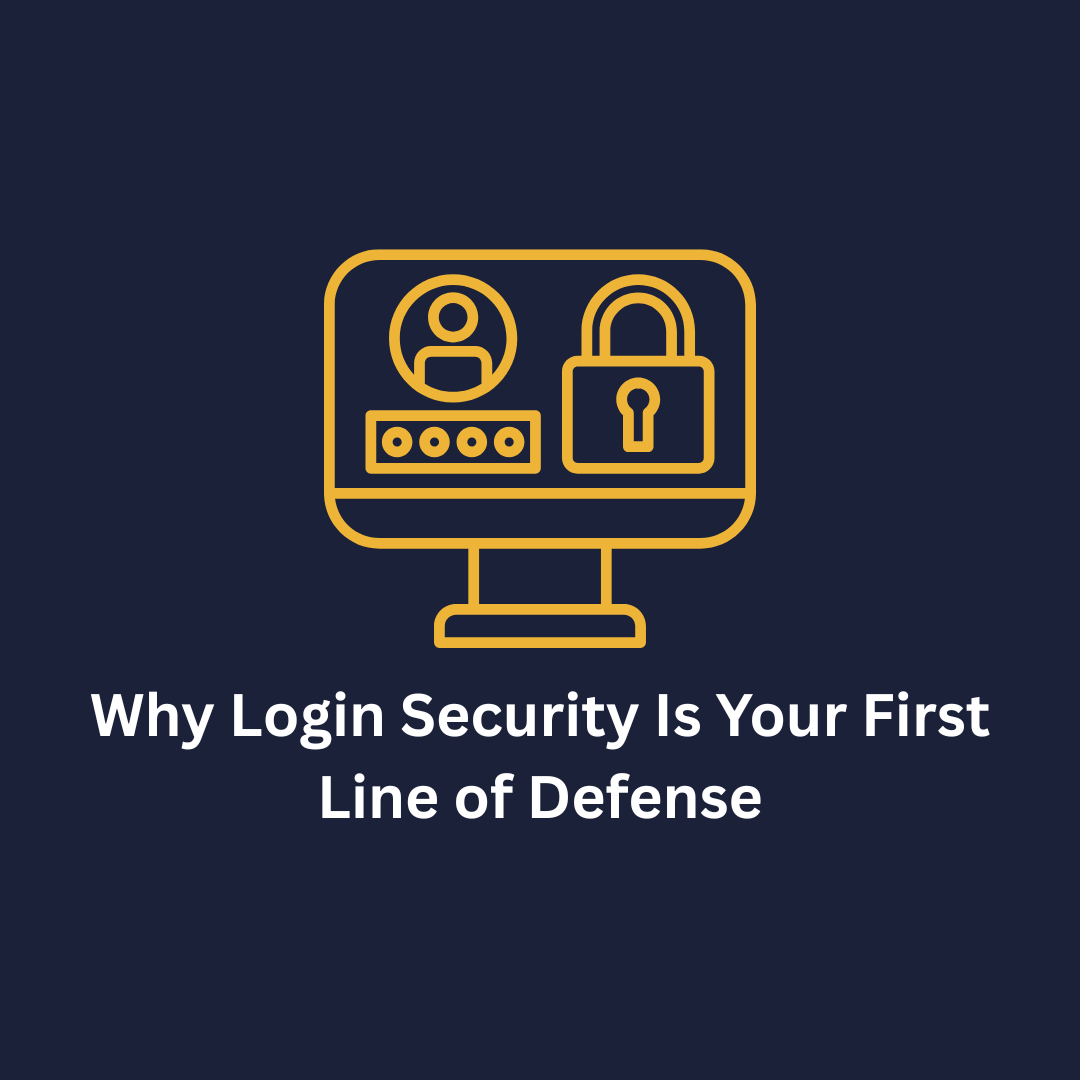
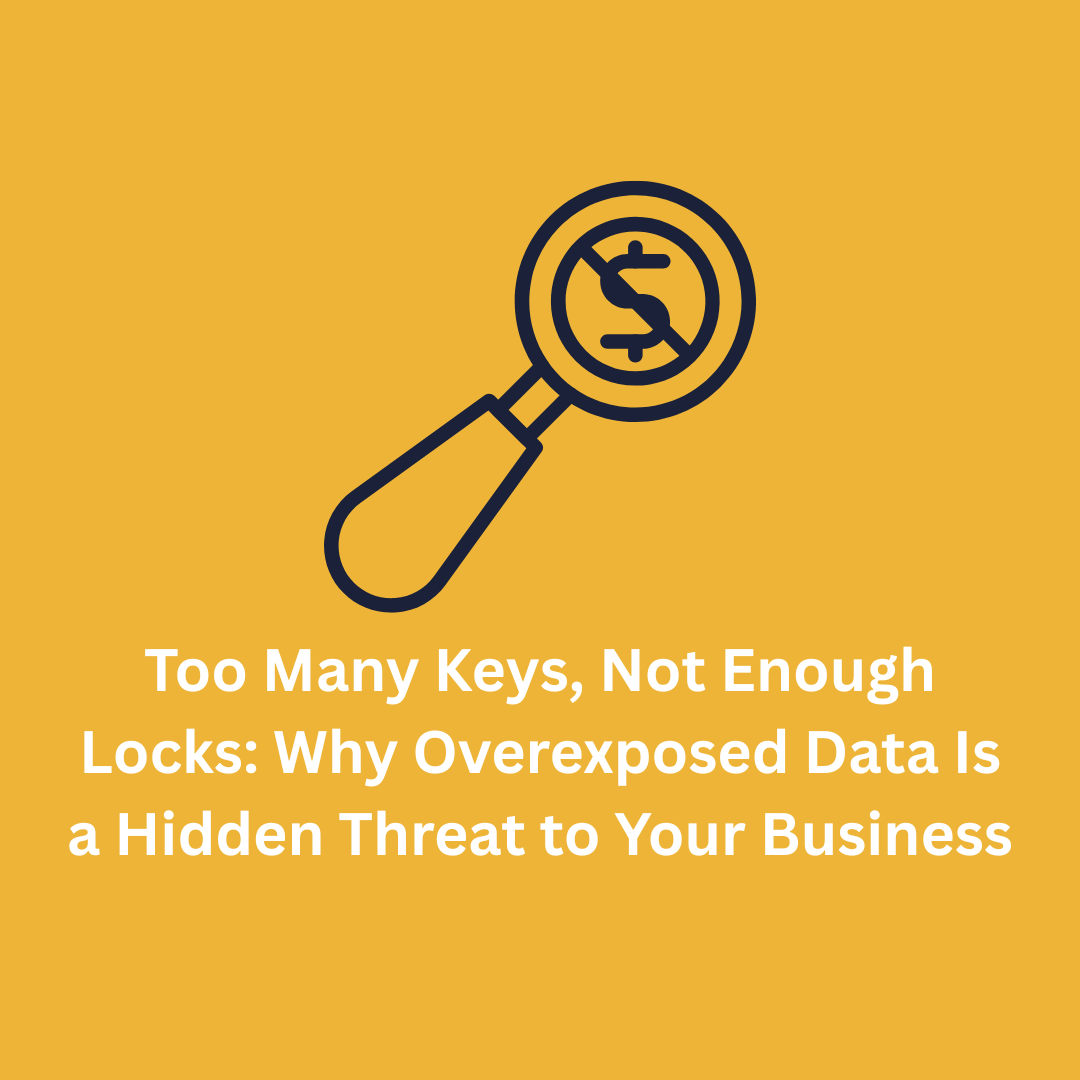





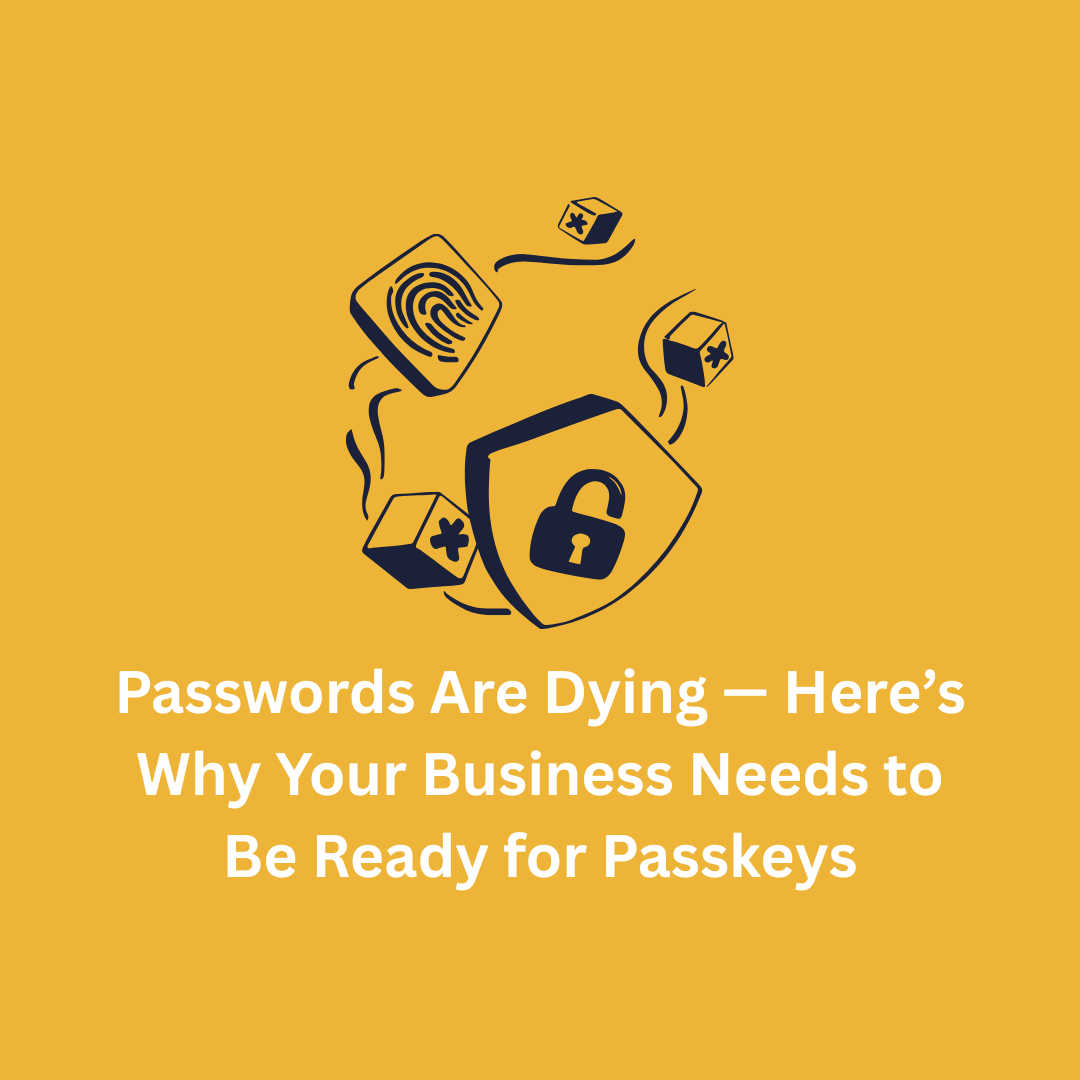








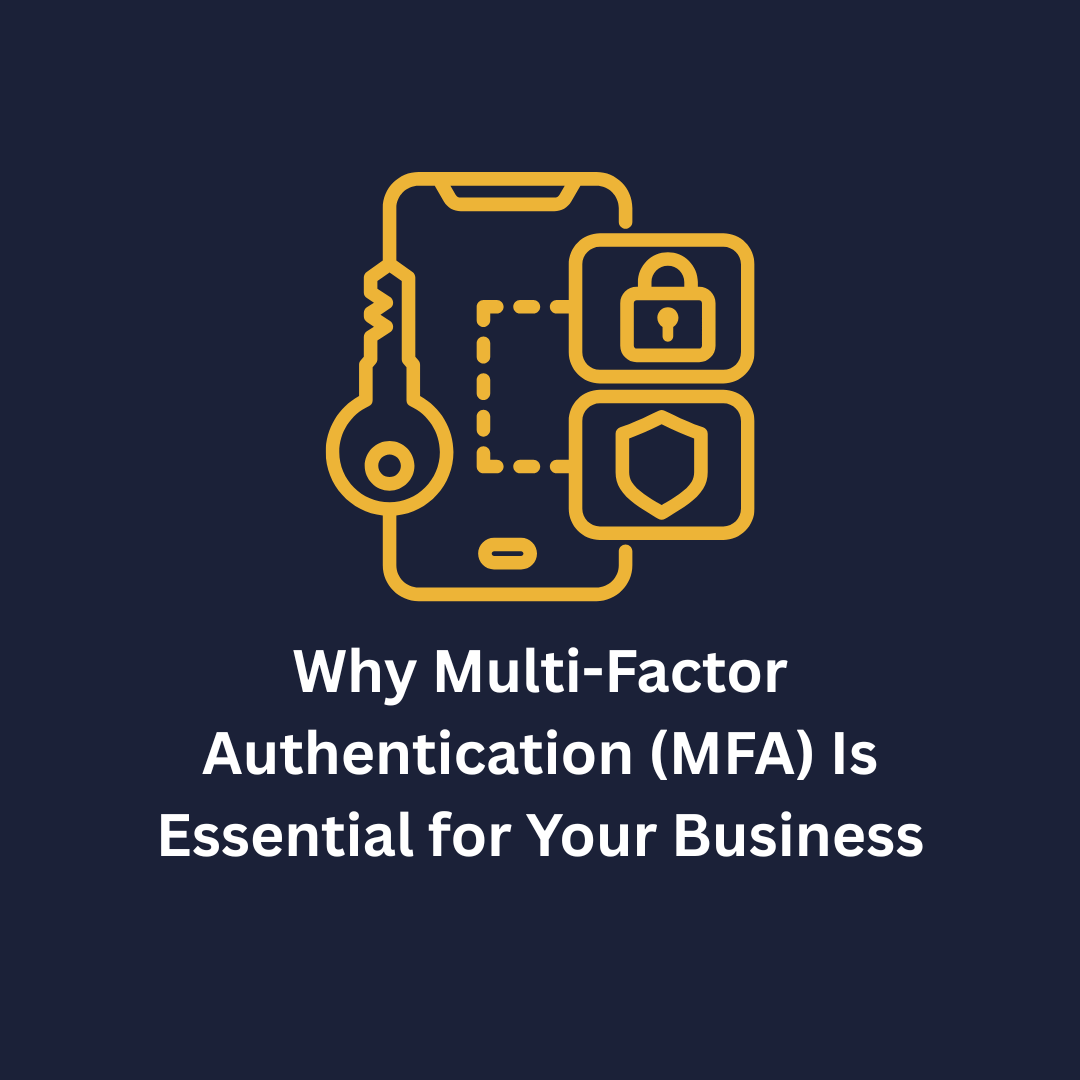


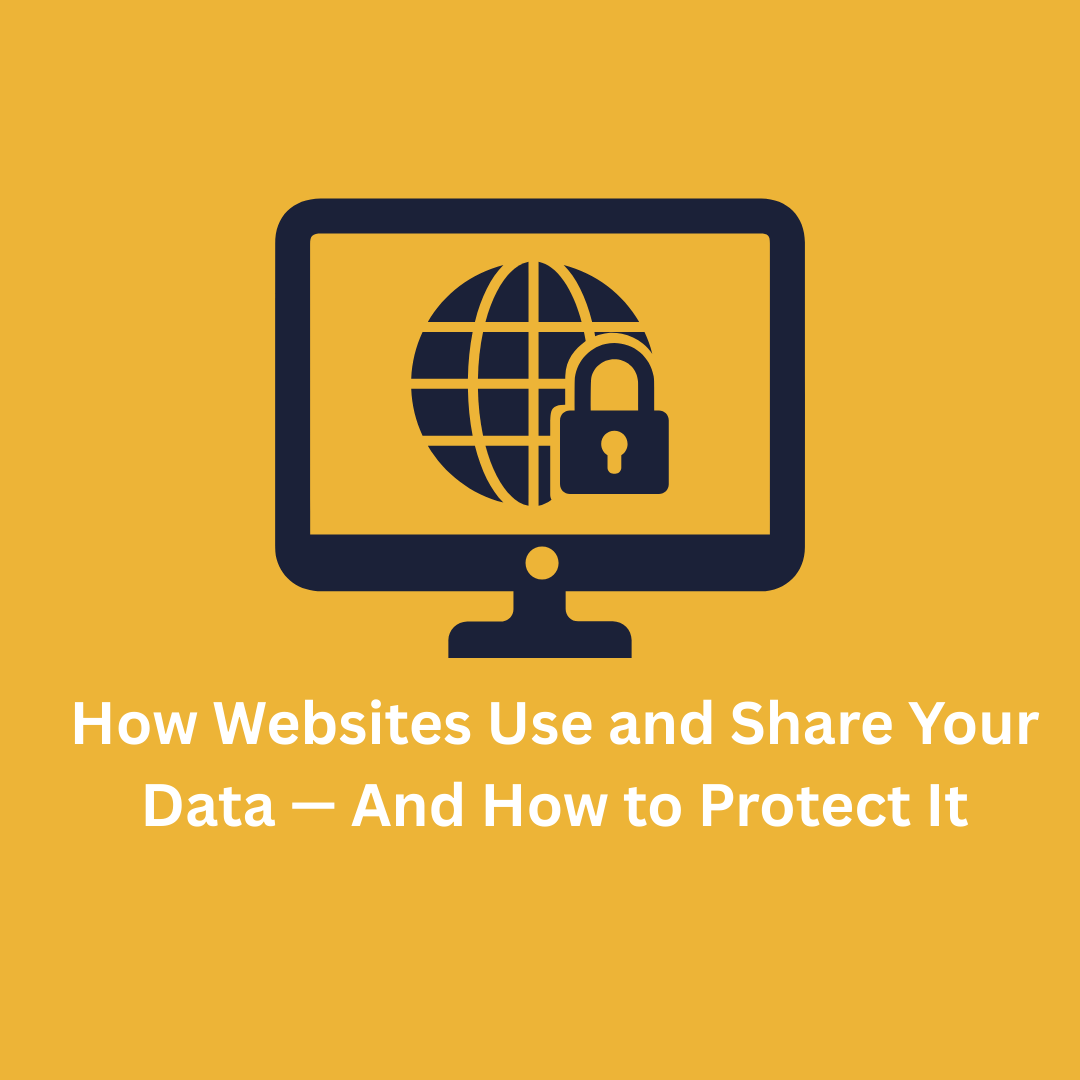


.png)

